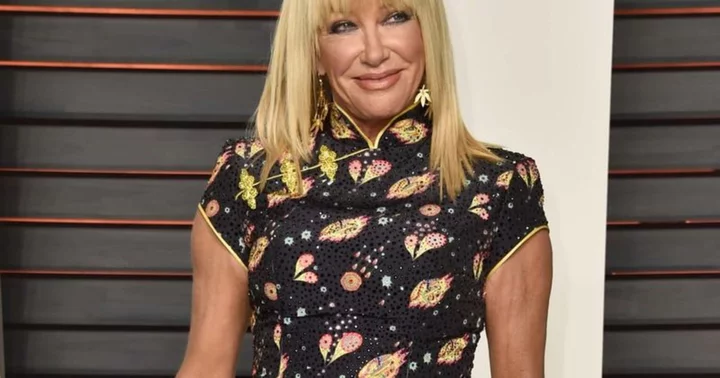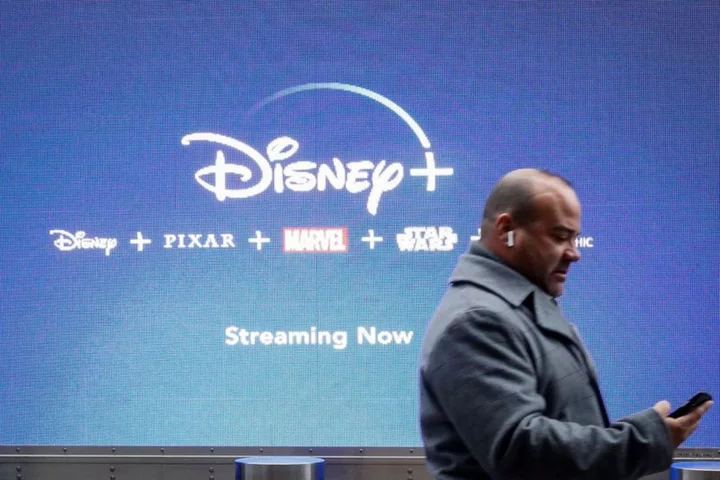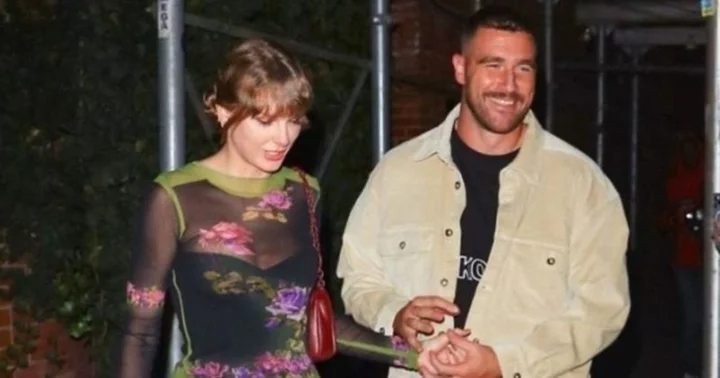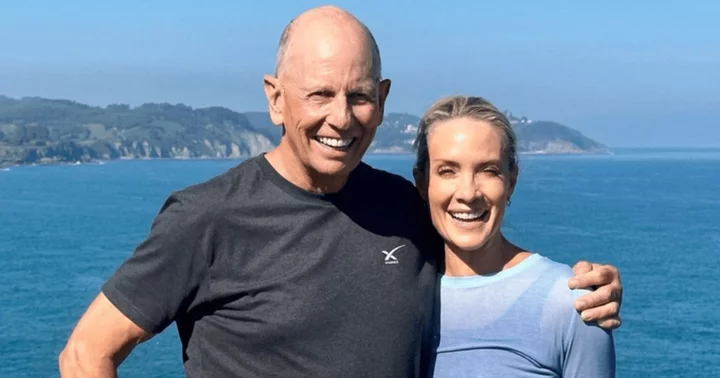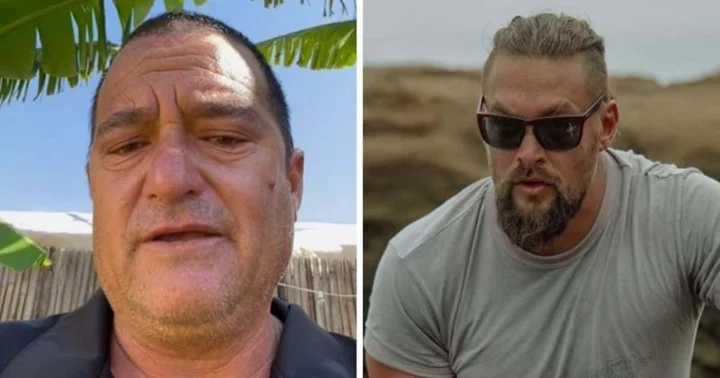LOS ANGELES, CALIFORNIA: Eva Longoria addressed the perceived sexism prevalent in the film industry during her Kering Women in Motion presentation at the Cannes Film Festival. The 48-year-old actress-turned-director highlighted the unequal standards placed on women filmmakers compared to their male counterparts.
She pointed out that even if a white male director had a major box office failure costing $200 million, they would still have the chance to direct another film. In contrast, she expressed concern that women directors, including herself, might not receive a second opportunity to direct after a smaller setback, as reported by Variety.
READ MORE
Longoria also discussed her upcoming directorial debut, titled 'Flamin' Hot', which offers a perspective on the controversial origins of the immensely popular snack, Flamin' Hot Cheetos. Longoria expressed that she keenly felt the responsibility and significance not only for her community but also for every female director as she embarked on her journey to create the comedic film.
'We don’t get a lot of bites at the apple'
During her conversation with Variety, Longoria emphasized that she and other women filmmakers were not afforded any room for error, unlike their male counterparts who were given multiple opportunities even after directing financially unsuccessful films. She expressed her firm belief that the industry's standards were unfairly skewed against women, highlighting the need for greater equality and recognition.
"We don’t get a lot of bites at the apple," she said of Latina directors. "My movie wasn’t low budget by any means — it wasn’t $100 million, but it wasn’t $2 million. When was the last Latina-directed studio film? It was like 20 years ago. We can’t get a movie every 20 years." She continued, "The problem is if this movie fails, people go, 'Oh Latino stories don’t work, female directors really don’t cut it.' We don’t get a lot of at-bats." However, "A white male can direct a $200 million film, fail and get another one. That’s the problem. I get one at-bat, one chance, work twice as hard, twice as fast, twice as cheap."
'You really carry the generational traumas with you'
Longoria further shared that the challenges faced by previous female and Latin directors served as a powerful source of inspiration for her own ambitions. Their struggles and accomplishments fueled her determination to break barriers and pave the way for more diverse voices in the industry. "You really carry the generational traumas with you into the making of the film," she said. "For me, it fueled me. I was determined."
Longoria was accompanied by Dr Stacy L Smith, a professor, and researcher at the University of Southern California Annenberg School for Communication and Journalism. The academic commended Longoria for her active involvement in promoting inclusivity through her work on The Inclusion List, which surveyed various producers, films, and distribution companies that are making strides toward greater representation in the film and television industry. Dr Smith applauded Longoria for not just talking about inclusivity but taking concrete actions to support it.
'Are we showing the stories that aren’t told?'
"This was a collaborative effort to reward folks that are doing well on-screen when it comes to representation across multiple categories: gender, race, ethnicity, LGBTQ+ as well as people with disabilities and over the age of 65," Smith said, explaining the Inclusion List. "Are we showing the stories that aren’t told? And then who is working behind the camera?"
"The metric in which you measure success is important," Longoria said. She added that studios would congratulate themselves by saying, "We’ve doubled the amount of women behind the camera!" But "They’ve gone from one to two. And you’re like, 'Okay, technically, you did, but you still only hired two women.' So, how you measure success is really important. And inclusion being that metric is so awesome because you can applaud the people who are doing it right."


